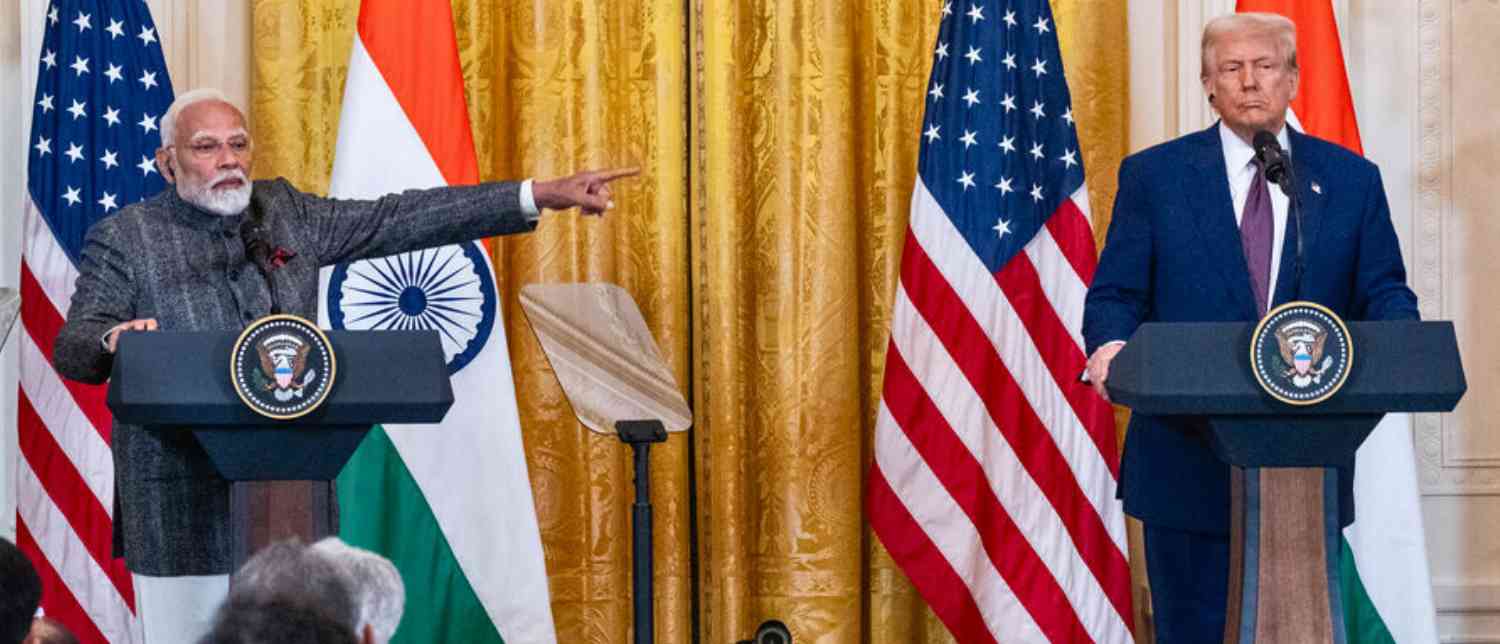India’s trade relations with the United States have hit a fresh snag following President Donald Trump’s new claim about Russian oil dealings. Speaking at a recent press briefing at the White House, President Trump suggested that India’s continued purchase of Russian crude could “distort fair trade practices” and “hurt American interests”.
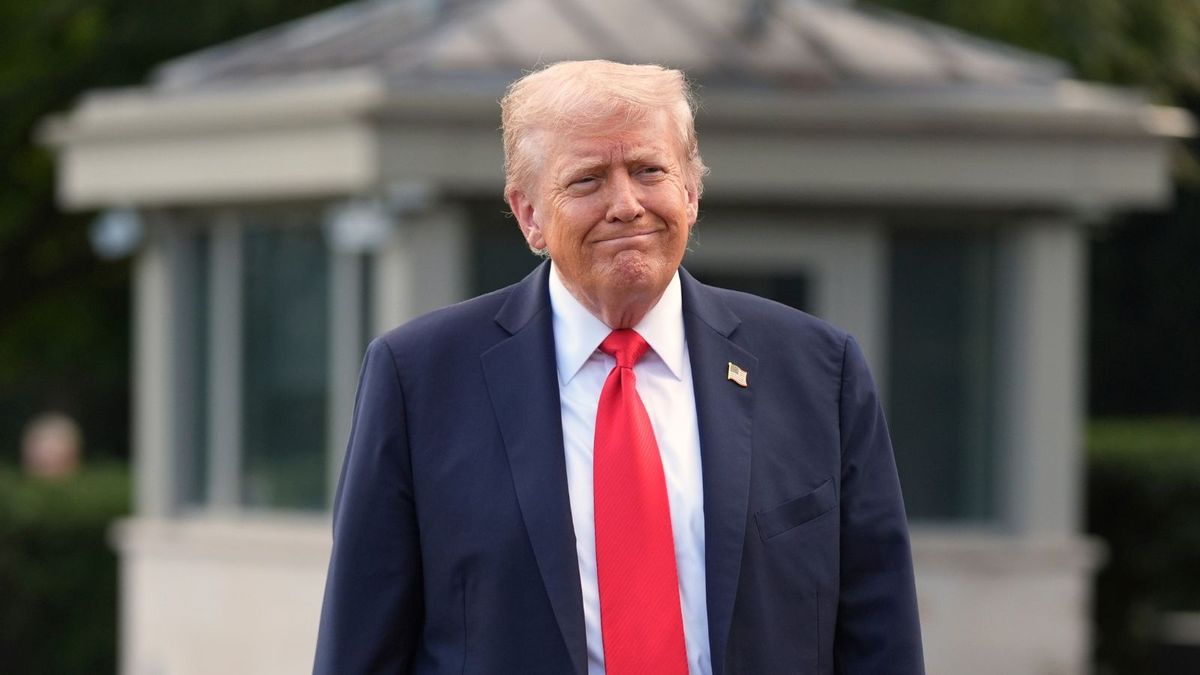
While the comment has stirred debates in Washington, policymakers in New Delhi now find themselves in a tight spot — trying to balance diplomatic ties with both the United States and Russia, two of its most significant global partners.
President Trump’s statement comes at a sensitive time when global oil prices are volatile and trade relations are under renewed scrutiny. The United States has already imposed several rounds of sanctions on Russia after its prolonged conflict with Ukraine. The fresh political tone from Washington suggests growing impatience with countries that continue to import Russian energy at discounted rates.
For India, the situation is complicated. Since the beginning of the Russia-Ukraine conflict, India has become one of the largest buyers of Russian crude oil, taking advantage of cheaper prices to meet its energy demands. This move has helped keep inflation relatively stable and allowed India to sustain economic growth. However, it has also drawn criticism from Western capitals, particularly Washington and London.
Indian officials have consistently defended their oil trade with Russia as guided purely by national interest. “Energy security is our top priority,” one government source reportedly said. India imports nearly 85% of its oil needs, and switching trade partners overnight would not be easy.
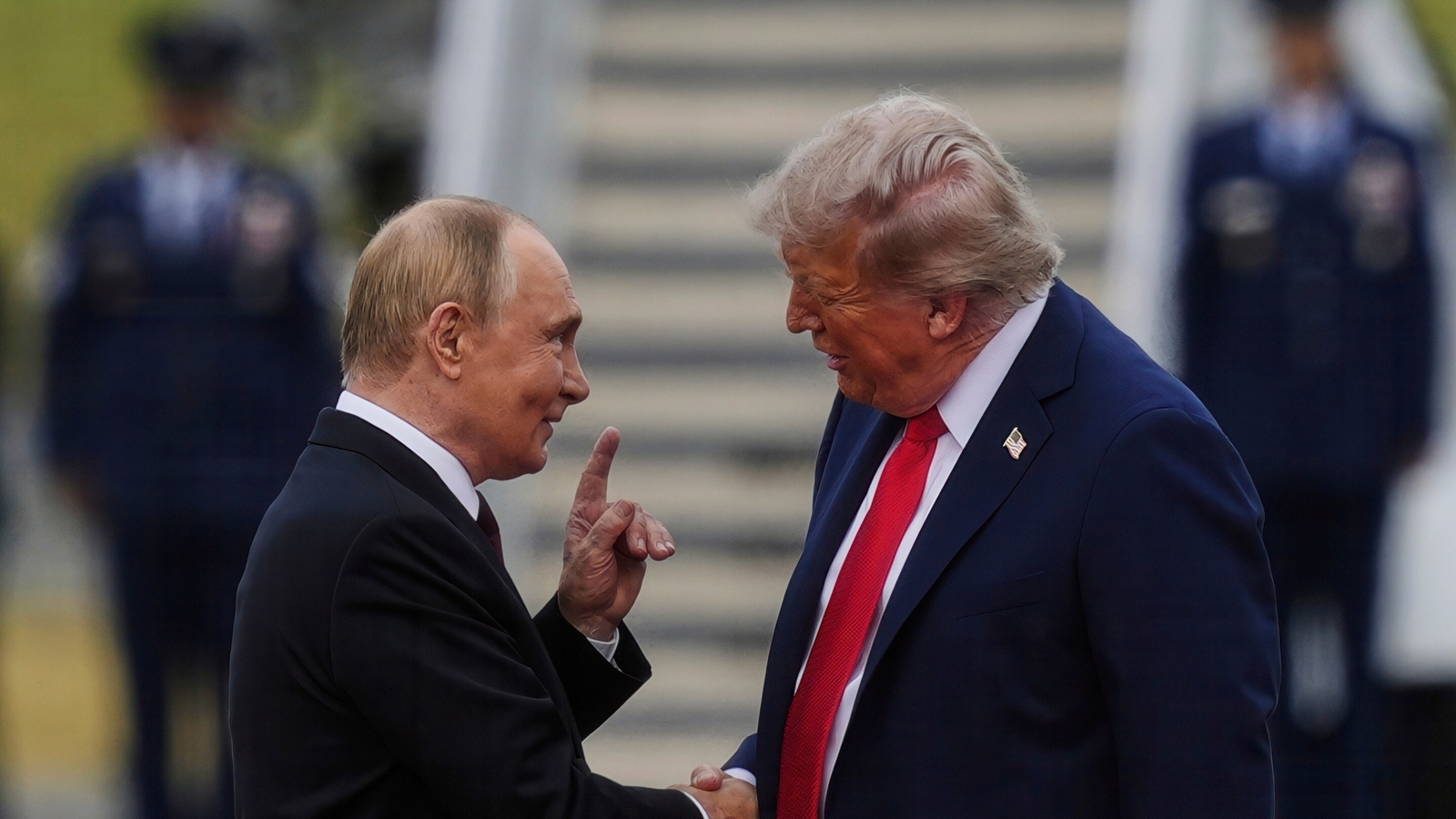
Still, as the United States remains a critical strategic and trade ally, Delhi must tread carefully. The United States is India’s largest trading partner, with two-way trade crossing $200 billion annually. Both nations have cooperated closely in defence, technology, and climate initiatives. Any friction at this stage could affect multiple sectors, from semiconductor investments to arms purchases and high-tech collaboration.
Analysts point out that a heated response from America could impact India’s booming exports, particularly in technology services, textiles, and pharmaceuticals. American firms are among the largest investors in India’s digital and clean energy sectors. Experts warn that even a subtle trade warning could spook investors or slow down upcoming trade talks planned later this year.
The Indian rupee could also come under pressure if sanctions or restrictions affect payments for imported energy. The use of alternative payment systems like the rupee-rouble mechanism was already a subject of intense debate, as Western nations worry that such methods could weaken global sanction structures.
So far, New Delhi has chosen a calm tone. Officials said India will “study the statement” and “continue energy cooperation in line with its economic needs”. Diplomats hope that quiet engagement will help defuse the issue before it escalates into a formal trade dispute.
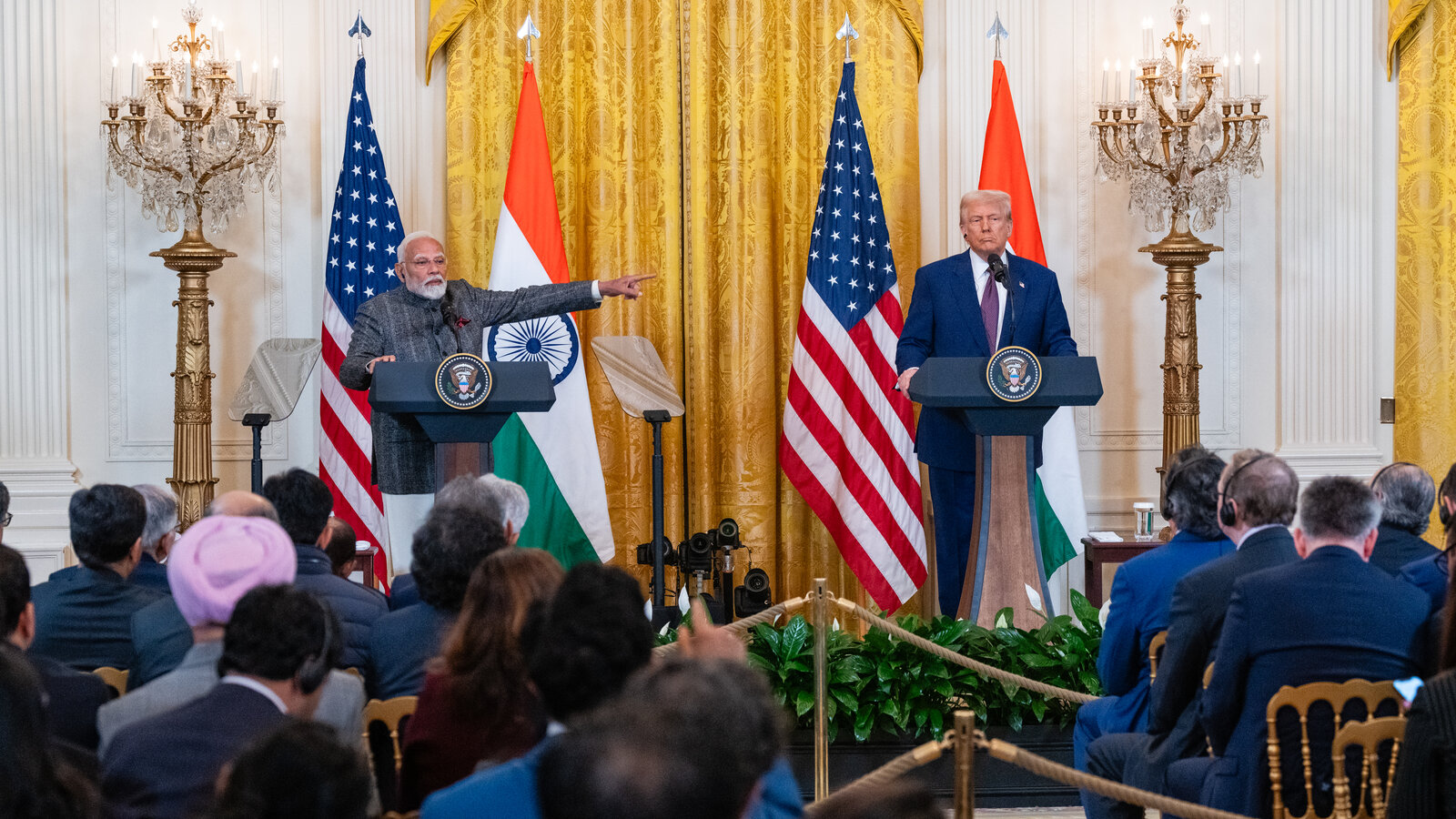
Political observers believe India may use upcoming international gatherings, including the G20 working group meetings and bilateral dialogues, to explain its position. The key message is expected to stress that buying affordable oil is not an act of defiance but an economic necessity.
The new claim from President Trump also hints at shifting American priorities. With the 2025 global economy under stress and energy markets facing uncertainty, Washington appears determined to push allied nations to diversify away from Russian commodities. However, compelling large nations like India to follow suit poses a serious diplomatic challenge.
Experts say that India’s role as an emerging power makes it more assertive about independent decision-making. Its officials argue that the West must recognise the different energy realities in developing economies.
As of now, India faces a real trade dilemma — balancing strategic friendship with the United States while protecting essential energy supplies from Russia. Decisions made in the coming weeks could define the next phase of Indo-American trade relations.
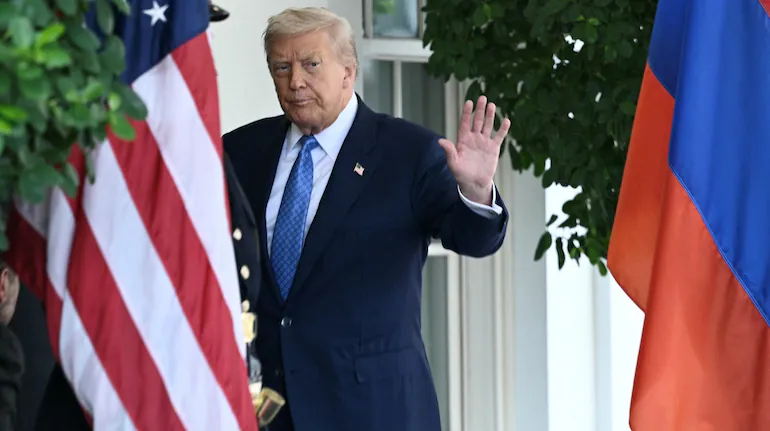
Despite tensions, both sides have much to gain by maintaining dialogue. Shared interests in defence, digital innovation, clean energy, and global stability could still steer the relationship on a cooperative path. For India, the goal is simple: keep the economy running without inviting unnecessary diplomatic strain.
The coming months will test Delhi’s diplomatic agility as it navigates an increasingly complex world — one where oil, trade, and politics are more interlinked than ever before.
With inputs from agencies
Image Source: Multiple agencies
© Copyright 2025. All Rights Reserved. Powered by Vygr Media.

